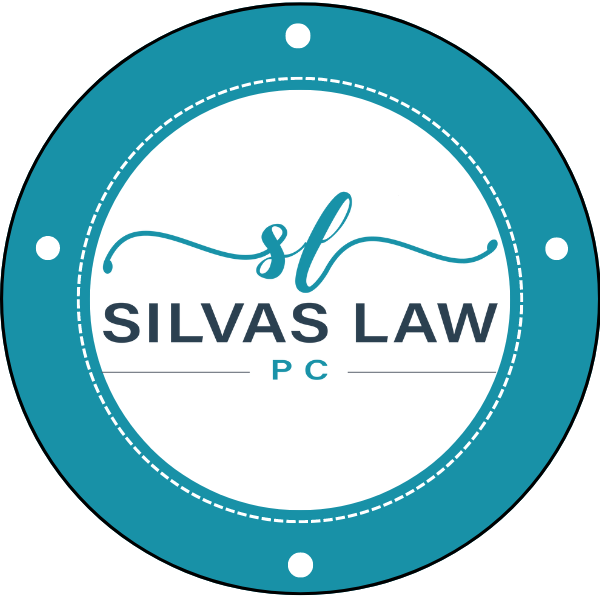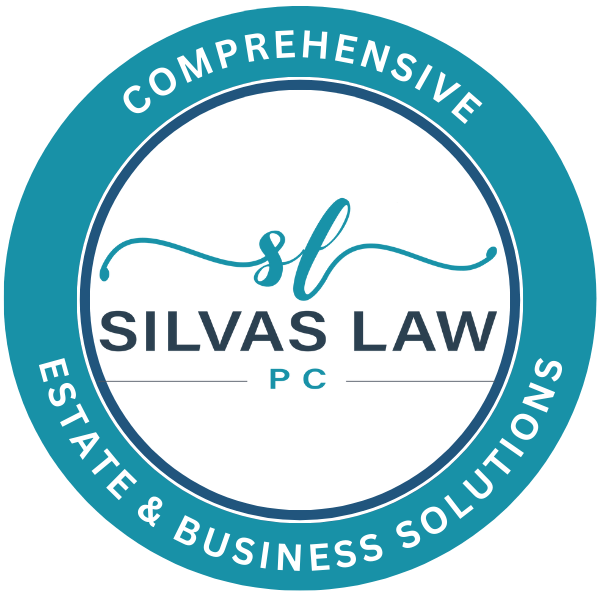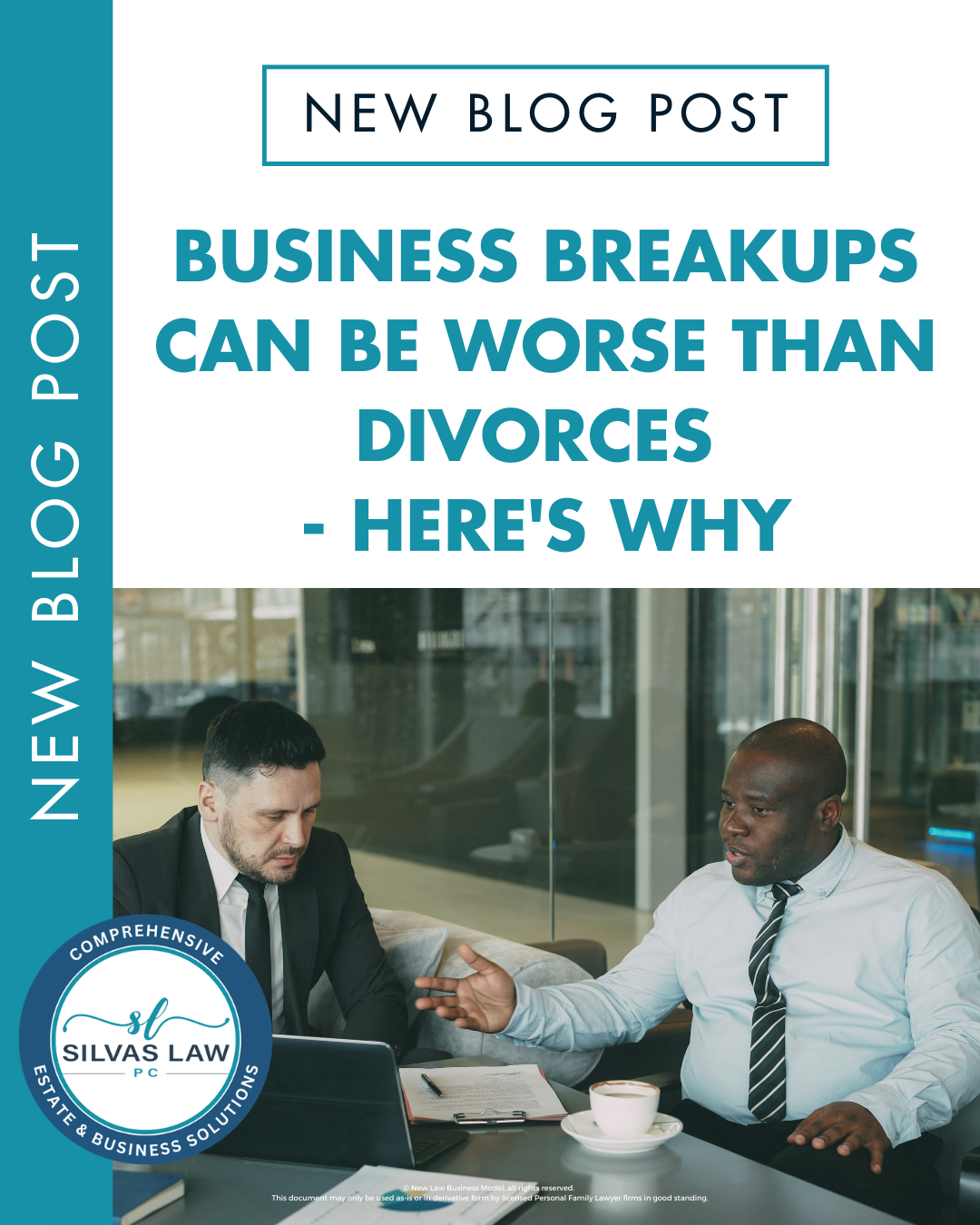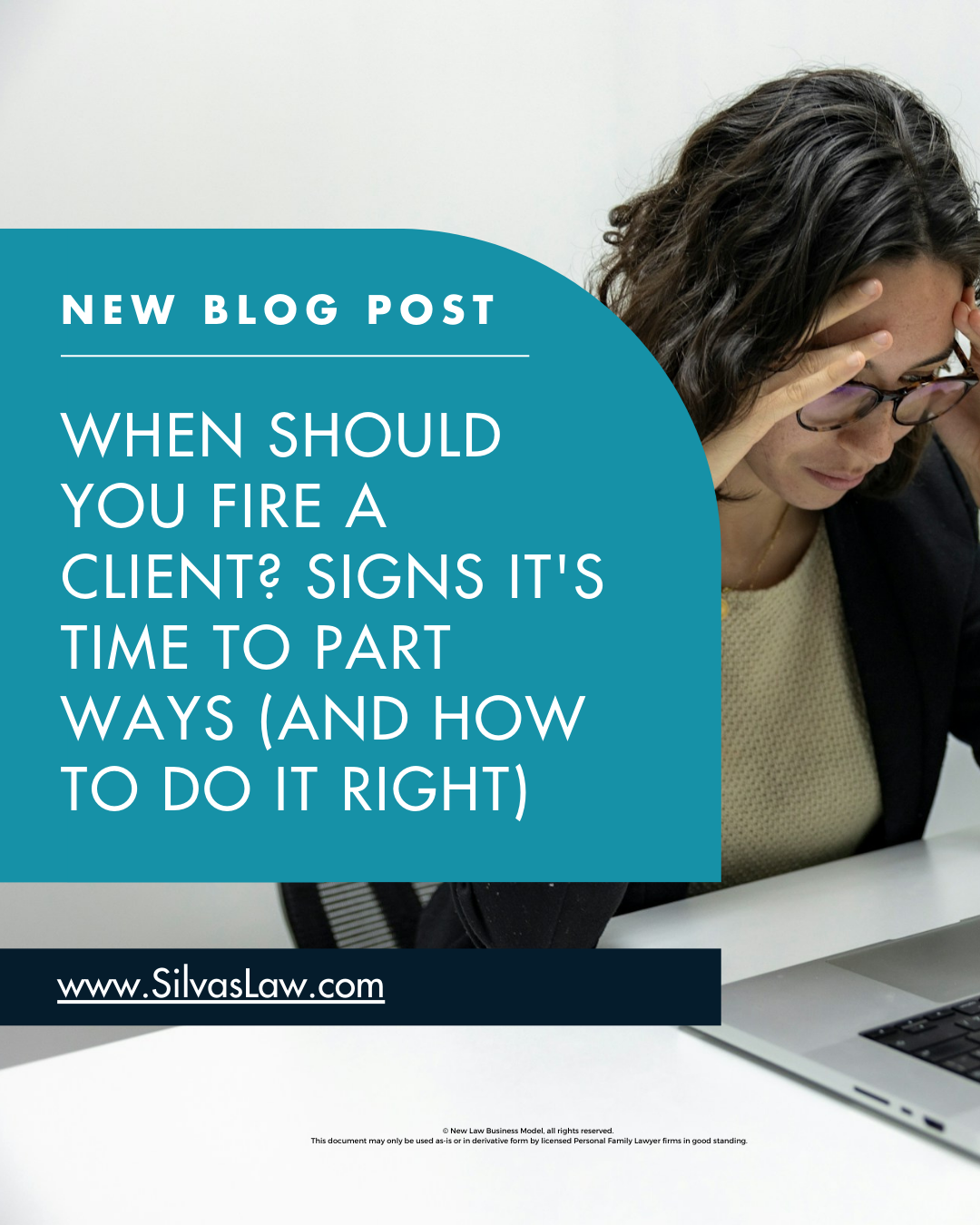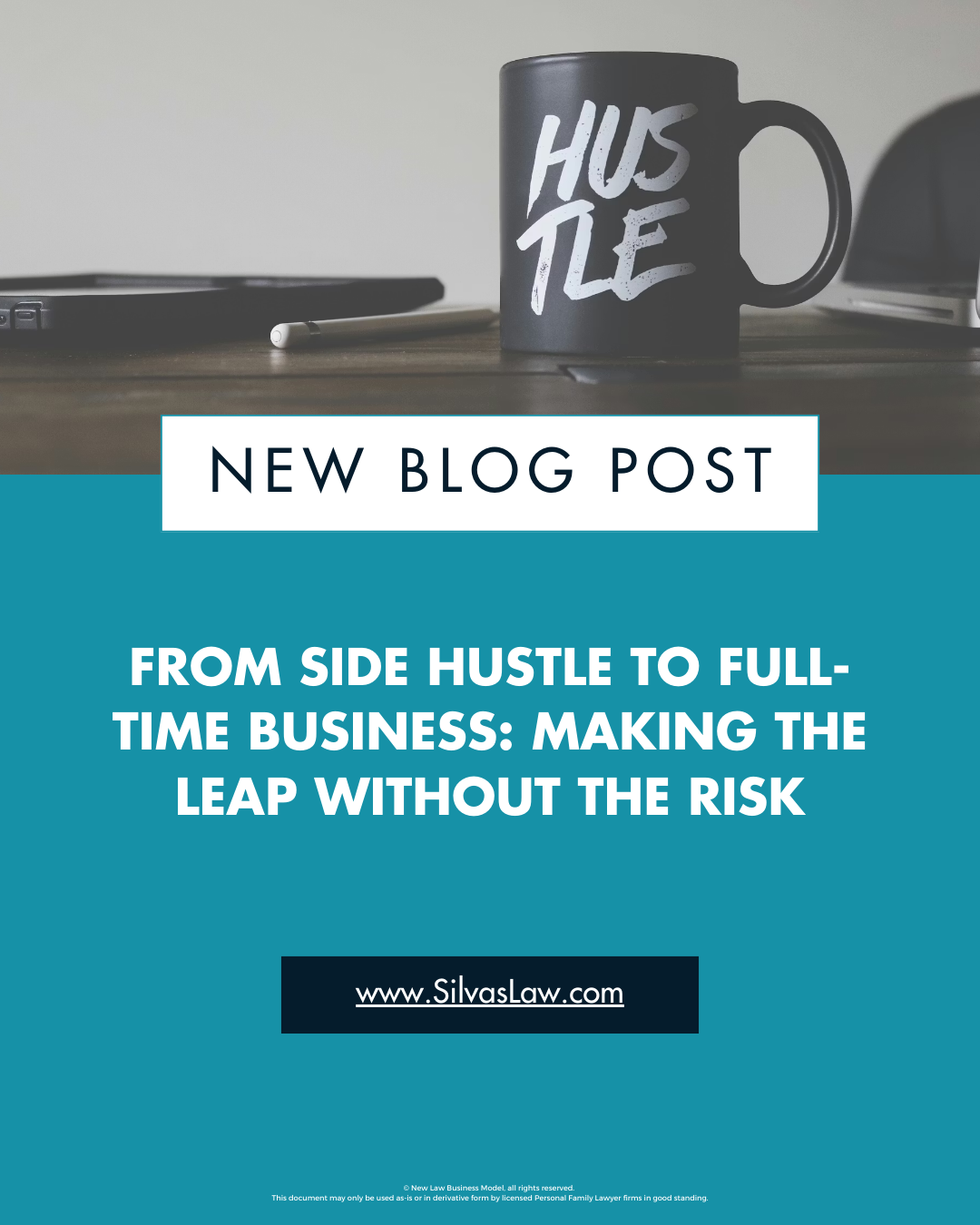The Cost of a Bad Hire: How to Build Systems That Protect Your Business
The Cost of a Bad Hire: How to Build Systems That Protect Your Business
When you're running a business, every hire feels critical. You need talent that fuels growth, not drains resources or derails progress. Yet, a staggering 75% of employers admit to hiring the wrong person, and the consequences extend far beyond just finances. A bad hire also drains your time, energy, and attention, significantly decreasing your team's productivity and morale.
Understanding and preventing these costs isn't just smart business; it's essential for survival in today's competitive landscape. Let's explore why bad hires occur, what they truly cost your business, and how you can build robust systems that protect your investment and support your growth.
The Real Financial Impact of Hiring Mistakes
Bad hires don't just cost a little; they can cost your business thousands. According to a CareerBuilder survey, the average bad hire costs approximately $17,000. These costs accumulate in often unanticipated ways. Consider the recruitment expenses alone: job postings, background checks, and the countless hours you and your team spend interviewing. That investment effectively doubles when you have to restart the hiring process.
Then there's the training investment – weeks or months dedicated to getting someone up to speed, providing system access, and coaching them through processes. All of that effort simply evaporates if the hire doesn't work out. And don't forget severance and legal costs, including professional separation expenses and potential legal fees if a termination becomes complicated. Finally, there's the lost productivity—crucial work that simply doesn't get done while you search for a replacement and then invest time in getting a new hire up to speed.
What makes these costs especially challenging for growing businesses is their immediate impact on cash flow. Unlike large corporations that can absorb such losses, smaller businesses directly feel every dollar. When productivity drops due to a bad hire, the financial damage compounds over time.
Beyond Money: The Hidden Costs That Really Hurt
While the financial impact of bad hires is significant, the hidden costs can be even more damaging to your business's long-term success. Take, for instance, team morale and productivity. Bad hires can devastate employee morale. When team members must compensate for an underperforming colleague, stress levels increase, and job satisfaction plummets. This can lead your best employees to question their commitment, risking the loss of your most valuable assets.
Then there's the impact on client relationships. In customer-facing roles, a single bad hire can erode relationships you've spent years building. Especially in service-based businesses, your team members are often your brand ambassadors. One person failing to represent your values can damage your reputation in ways that persist long after they're gone.
Business owners also face a significant management time drain. Instead of focusing on strategic growth, you're constantly trying to coach someone who isn't the right fit. Many business owners report dedicating a significant portion of their time to managing poorly performing employees. This represents a massive opportunity cost, impacting every facet of your operation.
Finally, a negative hiring experience can lead to hiring process paralysis. After a bad hire, many business owners become overly cautious. This slows decision-making and can cause you to lose excellent candidates to competitors who act more swiftly.
Why Bad Hires Happen and How to Prevent Them
Understanding why hiring mistakes occur is the crucial first step toward preventing them. Several common pitfalls often lead to these costly errors.
One major culprit is rushed decision-making. Many employers admit they hired hastily, often knowing a candidate lacked certain skills but believing they'd "learn quickly," or simply due to desperation to fill an urgent role. This pressure to fill positions when teams are overwhelmed often leads to compromised standards and overlooked red flags.
Another issue stems from inadequate evaluation methods. While necessary, traditional interviews often fail to accurately predict job performance. Candidates may interview well but lack the practical skills or cultural fit essential for success in your specific environment. Too many bad hires occur because candidates simply can't meet quality standards that should have been identified during the hiring process.
Unclear expectations also play a significant role. When job requirements and success metrics aren't clearly defined, both hiring managers and candidates operate with differing assumptions about what success looks like. This misalignment sets up both parties for disappointment and eventual failure.
Lastly, insufficient verification can be a costly oversight. Time pressure and a desire to trust candidates at face value can lead to skipping critical steps like reference checks and background verification. This often means missing vital information that could have prevented a bad hire.
Building Systems That Protect Your Investment
The solution to preventing bad hires lies in creating systematic approaches that ensure consistency and thoroughness in your evaluation process. Companies that use structured, skills-based hiring consistently see better results, including improved diversity, better retention, and faster hiring times.
Here's how to build effective hiring systems:
Create solid a contract team members sign before you work together. The contract should have a Statement of Work that lays out a trial period, specific goals, and success metrics.
Craft crystal-clear job descriptions. Go beyond just responsibilities to outline the specific skills, experience, and even personality traits crucial for success. Define good performance in measurable terms and communicate these expectations clearly to all candidates. This clarity helps candidates self-select out if they're not a good fit.
Implement structured interview processes. Use consistent questions and evaluation criteria to reduce bias and improve hiring outcomes. Prepare behavioral and situational questions that reveal how candidates have handled relevant challenges in the past, and use standardized scoring systems for objective comparison.
Utilize practical skills assessments. Rather than relying solely on resumes, create exercises or scenarios that mirror the actual work candidates would perform. This approach reveals capabilities not apparent in traditional interviews and helps candidates fully understand the role's demands.
Involve multiple stakeholders in the hiring process. Different team members can assess various aspects of a candidate's fit, from technical skills to cultural alignment. This collaborative approach reduces individual bias and ensures new hires integrate well with existing team members.
Conduct thorough reference checks. Don't just verify employment dates. Ask specific questions about performance, work style, and areas for improvement. These conversations often reveal invaluable insights that can inform your decisions or highlight support needs for successful candidates.
These foundational strategies are powerful on their own, but when amplified by the right tools, they become truly transformative.
Technology and Systems That Make Hiring Easier
Modern hiring doesn't have to rely on intuition and luck. Technology tools can significantly streamline your application process, reduce time-to-hire, and ultimately improve the quality of candidates selected.
Applicant Tracking Systems (ATS), for instance, help you manage the hiring pipeline more effectively, ensuring qualified candidates don't fall through the cracks and that your process remains organized, even during busy periods. Skills Assessment Platforms allow you to objectively evaluate candidates' abilities before investing time in lengthy interviews; multi-measure testing has proven more effective at predicting job success than traditional hiring methods. Consider video interviewing tools to conduct more thorough initial screenings efficiently, without the time investment of in-person meetings, allowing you to quickly evaluate communication skills and initial fit. And background check services streamline the verification process, ensuring you don't miss crucial information about candidates' work history or credentials.
The key, however, is implementing these tools as part of a comprehensive system, rather than using them in isolation. Technology should support your hiring process, not replace the crucial human elements of evaluating fit and potential.
While leveraging these technologies can significantly improve your hiring, remember that effective recruitment is just one piece of the puzzle. It ties directly into your overall business health, which is where my expertise as a LIFTed Business Advisor and attorney comes in.
Building Your Hiring Success Strategy
As your LIFTed Business Advisor, I understand that effective hiring is just one crucial component of building a successful business, but you also need robust foundational legal, insurance, financial and tax systems that support all your operations. That's why I offer a comprehensive LIFT Business Breakthrough™ Session, where together we’ll analyze your current business foundations, and identify gaps that could leave your business vulnerable. Then, I’ll create a customized plan so you’ll attract better candidates, make more informed decisions, and build a team that drives your success rather than draining your resources.
Click here to schedule a complimentary 15-minute consultation to learn more and get started today:
BOOK NOW!
----------------------------------
Another resource...Silvas Law Educational Events
Attend our next educational event and learn what you need to know.
REGISTER TODAY for Wine, Wills, & Trusts!
Click Here
~
Silvas Law Educational Events
Silvas Law is a Personal Family Lawyer® firm, we know the value of planning for the future.
And we know the value of planning for the life you want today and the legacy that extends far beyond your assets.

This article is a service of Tammy Silvas, a Personal Family Lawyer® Firm. We don’t just draft documents; we ensure you make informed and empowered decisions about life and death, for yourself and the people you love. That's why we offer a Life & Legacy Planning Session™ , during which you will get more financially organized than you’ve ever been before and make all the best choices for the people you love. You can begin by calling our office today to schedule a Life & Legacy Planning Session™.
The content is sourced from Personal Family Lawyer® for use by Personal Family Lawyer® firms, a source believed to be providing accurate information. This material was created for educational and informational purposes only and is not intended as ERISA, tax, legal, or investment advice. If you are seeking legal advice specific to your needs, such advice services must be obtained on your own separate from this educational material.
